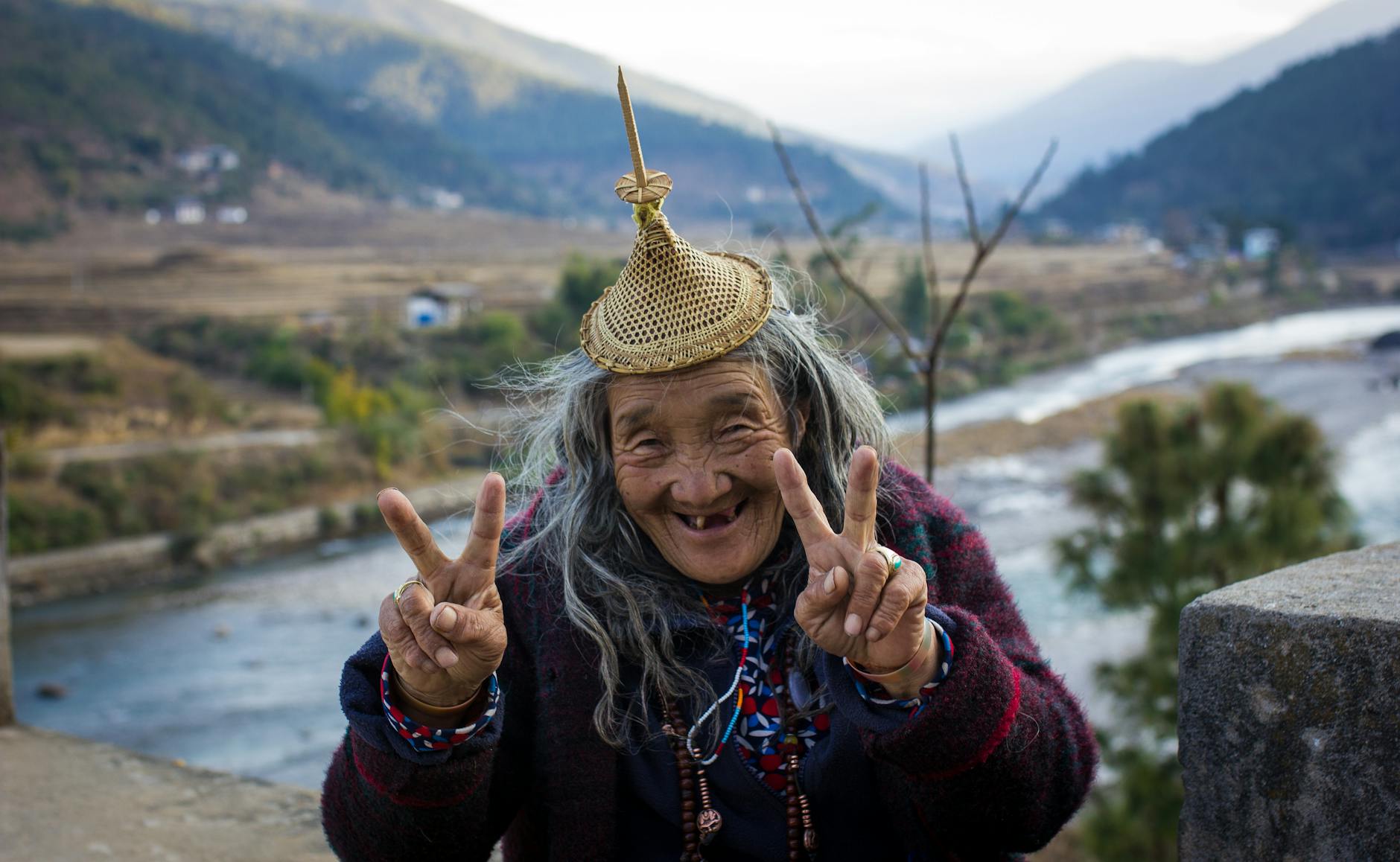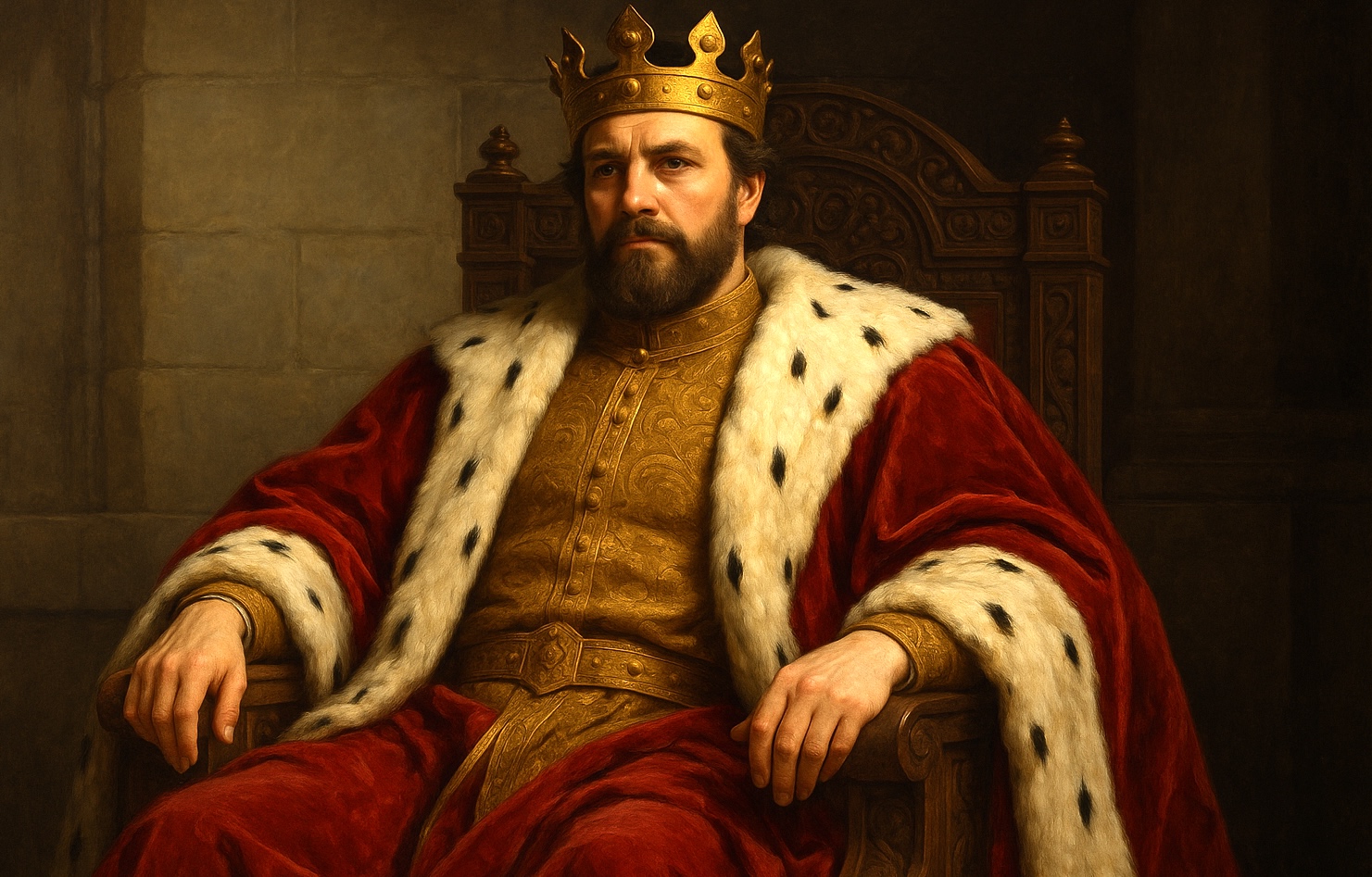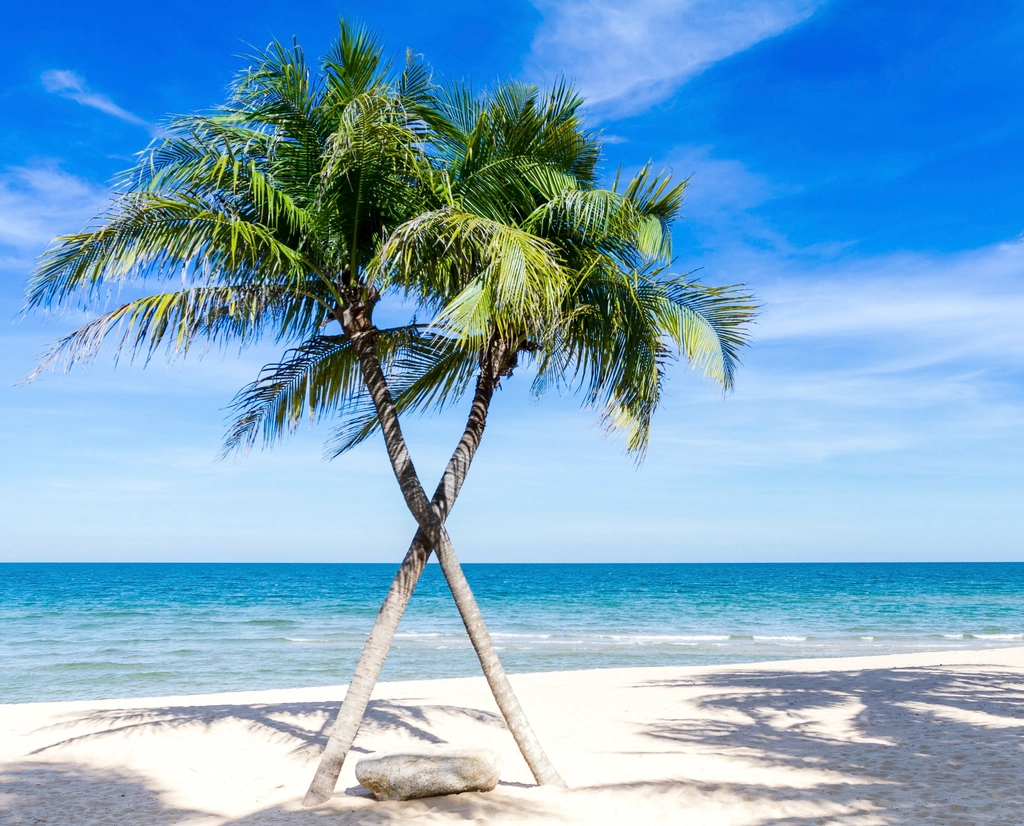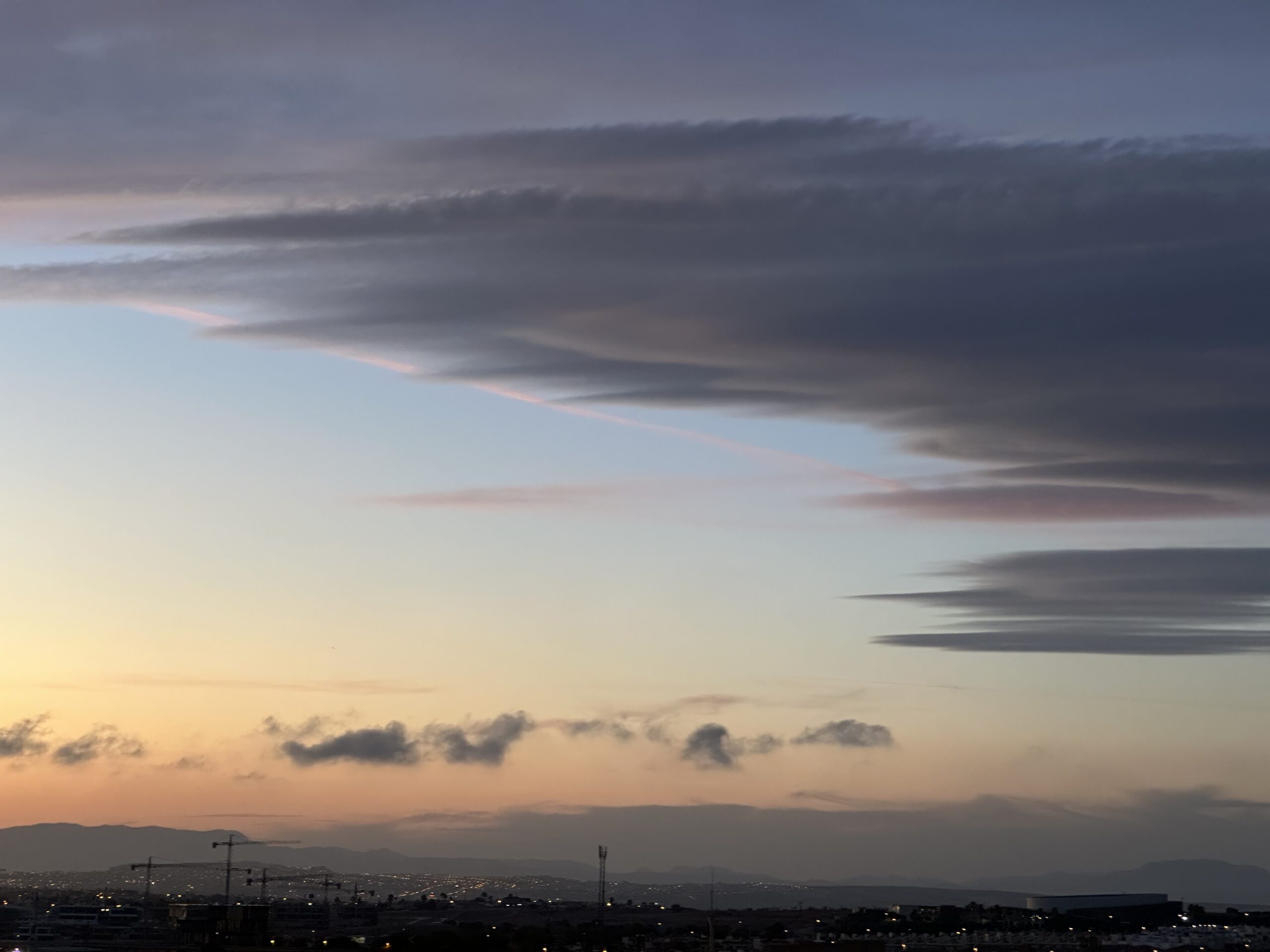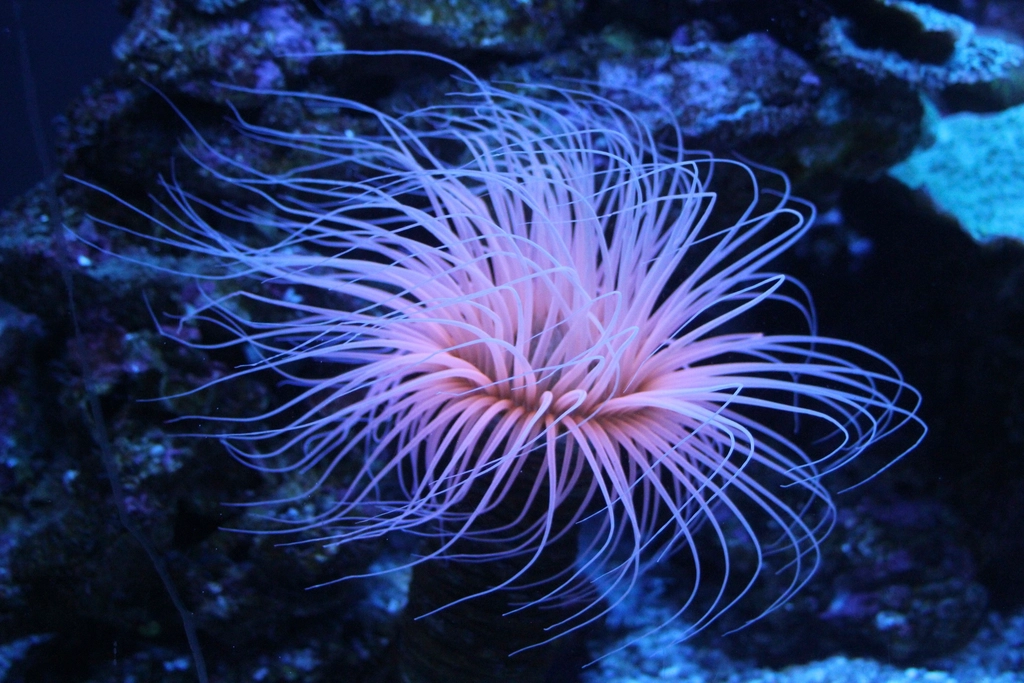What’s All This Talk About National Debt?
If you’ve been following the news or political debates, you’ve probably heard a lot about national debt. But what does it really mean, and why should we care?
Many people do not seem to know how extreme it actually is.
Even Elon Musk recently expressed surprise over the U.S. government’s $2 trillion deficit—but this kind of deficit isn’t an exception, it’s the rule. The entire global monetary system runs on deficit. As of now, the world’s total debt is more than 330% of the global GDP—meaning we globally owe over three times what we actually produce in a year. It’s not just one country; it’s the entire planet operating in the red. Meanwhile, nations are caught in absurd tax wars—Trump raises tariffs, other countries retaliate, and the whole circus continues, further distorting the economy and punishing ordinary people as it is the taxpayer that takes the burden in the end. But the system isn’t just broken—it’s built this way. And that’s the real problem.
National Debt
National debt refers to the total amount of money a country owes, accumulated through borrowing to fund government spending. Countries borrow money by issuing bonds, and in turn, they must pay interest on that debt. They borrow this money from their own central bank and other countries. But here’s the real question: How much debt is too much? And more importantly, what happens when countries’ debt reaches levels that are beyond sustainable?
Staggering Debt-to-GDP Ratios
The Gross Domestic Product is the value of everything the country produces in one year.
Take a look at a few examples of countries drowning in debt:
- Japan: Over 230% of its GDP. That means Japan owes more than twice its total annual economic output.
- United States: Around 133% of its GDP. The U.S. owes 33% more than the value of everything it produces in a year. Hence the $2 trillion deficit. No wonder DOGE had little effect… It’s obvious that austerity measures will never help this situation.
- Italy: 135% of GDP. High debt burdens relative to a country’s economic size make it hard to invest in the future or respond to crises.
While these figures are staggering, they represent just a small portion of the global debt picture. Because this is only the public debt. When adding the private debt(consumers and corporations) to the picture we will see that the global debt situation is much worse.
The Global Debt: More Than 3 Times the World’s GDP
Let’s put this into perspective: Even if we had 8 billion people on each of three planets, we still wouldn’t have enough economic output to match the global debt we are currently carrying. Think about that. We’re literally in debt beyond the planet’s capacity.
how did we get here?
The situation we’re in—a global debt ratio of 330% of Gross Global Product (GGP)—has been building over decades through a combination of historical events, systemic decisions, and economic policies. Here’s a simplified breakdown of how we arrived at this point:
1. The Rise of Fiat Money and Central Banking
- Fiat money refers to currency that is not backed by a physical commodity (like gold) but by the trust and authority of governments. This shift started with the Bretton Woods Agreement in 1944 and fully took effect in the early 1970s when the U.S. moved off the gold standard. Since then, money could be created(as loans) without any real limit, fueling economic activity but also making it much easier to accumulate debt. And today, all these loans function as the money that are in circulation, that we use to pay for goods and services.
- Central banks, such as the U.S. Federal Reserve, were established to manage monetary systems. They could print money, and they often did so to stimulate growth during economic slowdowns, thus increasing national debt over time.
2. The Expansion of Credit
- Over time, banks and lenders became more willing to lend money to both individuals, corporations and governments, and credit became easier to access. Individuals took out loans for homes, cars, and education, while governments borrowed more to fund social services, wars, and infrastructure.
- In the private sector, businesses increasingly relied on corporate debt to expand. In the public sector, governments borrowed to fund military spending, social welfare programs, and more.
- The monetizing of economies—where finance becomes a driving force of the economy—led to more complex financial products like mortgages, corporate bonds, and government bonds. These products fueled massive debt creation, which eventually outpaced the actual productive capacity of the economy.
3. The Push for Economic Growth
- The prevailing economic ideology for most of the 20th century was to prioritize growth, especially in industrialized nations. Consumerism and endless growth became the central tenets of capitalism. This push for growth was funded through borrowing.
- Since debt could be seen as a tool for stimulating growth (through investments, loans, and borrowing), the economy became increasingly dependent on debt to maintain and increase GDP.
4. The 2008 Financial Crisis
The This crisis exposed how the debt-based system had grown out of control. Financial institutions took on enormous risks, and subprime mortgages (loans given to people who couldn’t repay them) led to a massive collapse.
- Governments and central banks responded with more debt, bailing out large institutions and corporations, and borrowing even more money to stimulate recovery. This worsened the global debt burden.
- Since the crisis, economic recovery has largely been driven by low interest rates and more borrowing, pushing the global debt levels even higher.
5. The Globalization of Debt
As economies became more interconnected, global borrowing accelerated. Emerging markets, developed countries, and corporations all borrowed money from international lenders. This allowed the global debt to expand across the world, not just within individual nations.
- The rise of global supply chains and access to cheap capital meant countries could borrow more than ever before, using debt to fuel infrastructure projects, technological advances, and social welfare programs.
6. Interest and the Debt Spiral
A key feature of our current system is the interest on debt. When countries, people or businesses borrow, they are required to pay back the money they owe, plus interest. However, interest is never created when the loan is made. This means that, to repay loans, more loans must be issued, leading to an ever-increasing cycle of debt accumulation.
- This interest paradox means that there’s always more money owed than money in circulation, creating a situation where it’s impossible to pay back all debts without continually borrowing more, which shall also be paid back with interest.
Musical chairs
The debt system is like a game of musical chairs where the chairs (money) are constantly being removed (through interest payments), and there’s not enough money to pay back all the debt (interest and principal). So the system(like the musical chairs) is deigned to create lots of losers: All those who are left without a chair or enough money.
7. Government Spending and Austerity
- Governments began increasing their spending to maintain social systems and infrastructure, and because it was easy to borrow, it became an attractive option. However, as debt grew, some governments reached the point where they couldn’t afford to service the debt without borrowing even more.
- Austerity measures were introduced by some countries to balance the books. But these measures often involved cutting public services, raising taxes, and cutting benefits for the most vulnerable populations—furthering social inequality.
8. The Consequences of Debt
- As the global debt grew larger, the system became more fragile. Banks and financial institutions continued to profit from lending, while ordinary people were saddled with more debt and fewer opportunities for wealth accumulation.
- Governments used financial bailouts and continued borrowing to maintain the system’s stability, but this only served to postpone the inevitable collapse.
- The interest-based system has forced countries and individuals to keep borrowing just to pay off interest, creating a debt trap that continues to spiral.
- Meanwhile, global inequality has grown as wealth has become concentrated in the hands of a few, while the majority of people struggle with stagnant wages and increasing living costs. But not only this. The huge hole we have dug ourselves into is the planet that we live on. It is the planet that provide the resources corporations and countries need to produce something of actual value to justify all the debt.
- Rising Interest Payments: Countries are dedicating an increasing portion of their budgets just to paying interest on their debt, leaving less money for essential services like education, healthcare, and public infrastructure.
- The Debt Trap: To pay off existing debt, countries often need to borrow even more money. It’s a vicious cycle. The more we borrow, the more we have to borrow again just to keep up with interest payments.
- Wealth Inequality: The current system disproportionately benefits the wealthy. Banks and financial institutions that hold the debt profit from interest payments, while ordinary people suffer from stagnant wages, rising living costs, and shrinking services.
- Environmental Devastation: The debt-based economy requires endless growth. To fuel that growth, we continue to exploit the planet’s resources, often at the expense of sustainability and ecological health.
- The Fragility of the System
- The current debt system is incredibly fragile. If a few major countries or corporations default on their debt, it could set off a domino effect, crashing the entire global economy. We saw the early signs of this during the 2008 financial crisis, where the bursting of debt bubbles led to global instability. And yet, the global debt has only grown since then, making the system even more vulnerable.
Where Do We Go From Here?
We must reimagine our system if we are to avoid economic and environmental collapse, social unrest and extinction of humanity.
The Only Sane Solution
A global moneyless, Resource-Based World
Given how unsustainable the current financial system is, the only sane solution is a complete rethinking of how we manage resources and how we conduct our lives on this planet. The current model of debt-driven growth is pushing us to the brink. If we don’t change course, we risk further financial collapse, economic inequality, and environmental destruction. Not to speak of the extinction of humanity itself.
The only way forward is to move toward a resource-based economy, where the world’s resources are considered the shared inheritance of humanity. And the resources are optimized and shared based on need rather than profit. In a system like this, money is abolished, and the focus shifts to sustainable living and equitable distribution of resources. People contribute based on their skills and abilities, and society works together to meet everyone’s needs. A high tech world where technology serves the people and the planet. Not profit. A global relative abundance for all people is possible within a system like this.
In such a world, there would be no money, no debt, and no need to borrow or trade in a system that doesn’t work. It’s a world of cooperation, where human well-being and the health of the planet come first.
The question now is: Can we make this shift in time? The global debt crisis has reached critical levels, and the time to act is now. We have the tools, the technology, and the potential to create a system that works for everyone—a system that doesn’t rely on debt, but on resources, sharing, collaboration, and sustainability.
The choice is ours
The world as we know it is facing a reckoning, but that doesn’t mean we can’t build a better future. The choice is ours to make.
A Vision of What Could Be: How Waking Up Imagines a New World
But what does this new world look like in practice? How would it feel to live in a moneyless, debt-free society where resources are shared based on need, not profit? How can we navigate such a radical transformation?
In my book, Waking Up: A Journey Towards a New Dawn for Humanity, I invite you to imagine just that.
Waking Up is a glimpse into a future where humanity has shed its old systems and embraced a new way of living. It’s a story of transformation—both personal and collective—and an exploration of what happens when we begin to awaken to the possibility of a world that works for everyone, not just the privileged few.
Join the Journey
If you’re ready to step into that new world, Waking Up will take you there. The story will challenge you to reimagine what’s possible and inspire you to see that, despite the current chaos, we are not powerless. The change we seek is within our reach—and it starts with us.
Take the first step today, and let’s begin this journey together. Order Waking Up now and join Benjamin in his quest to understand a world where everyone is truly free.


